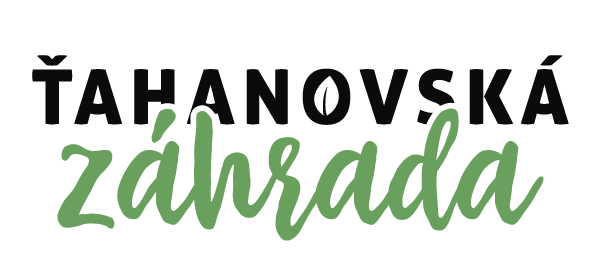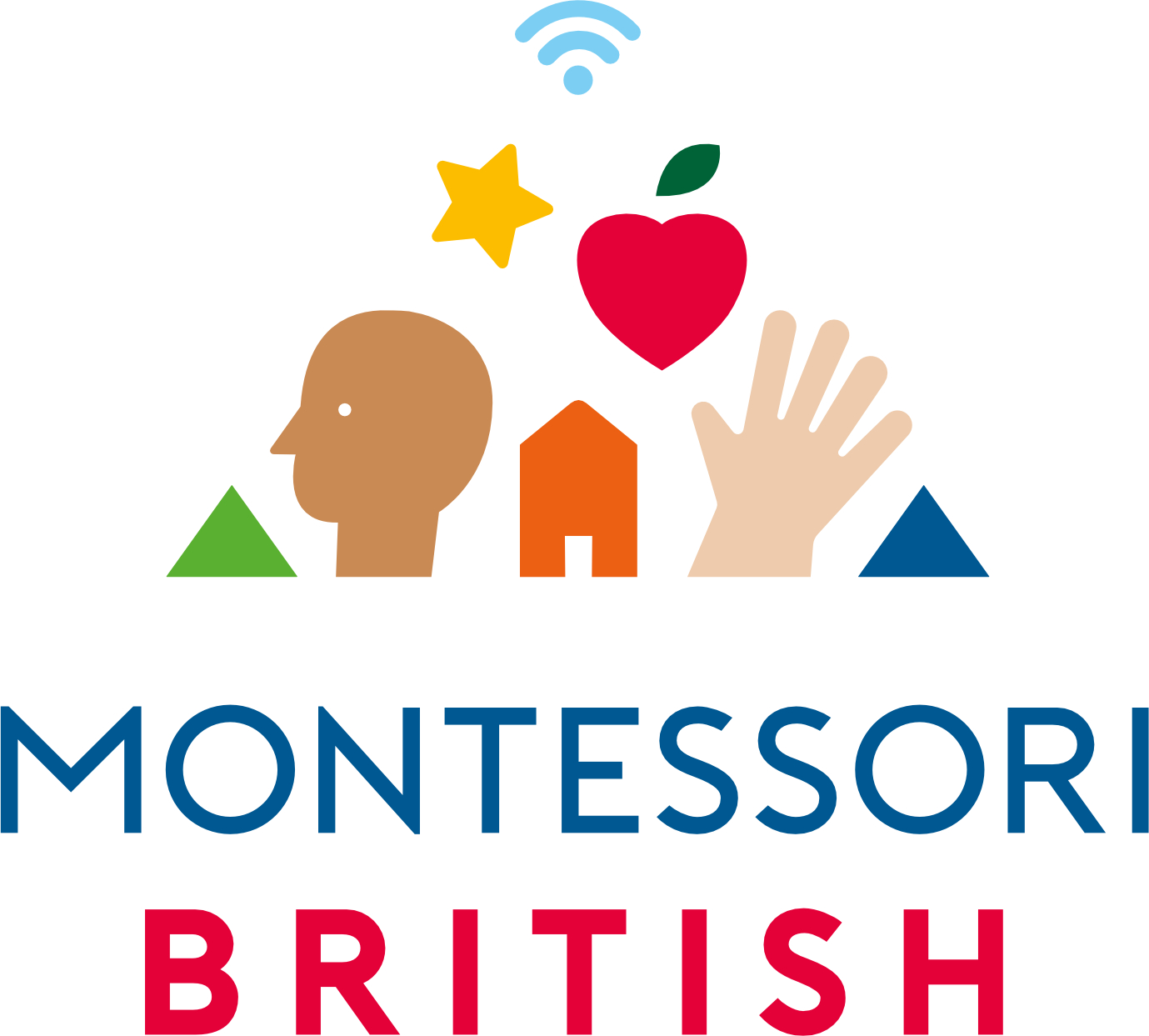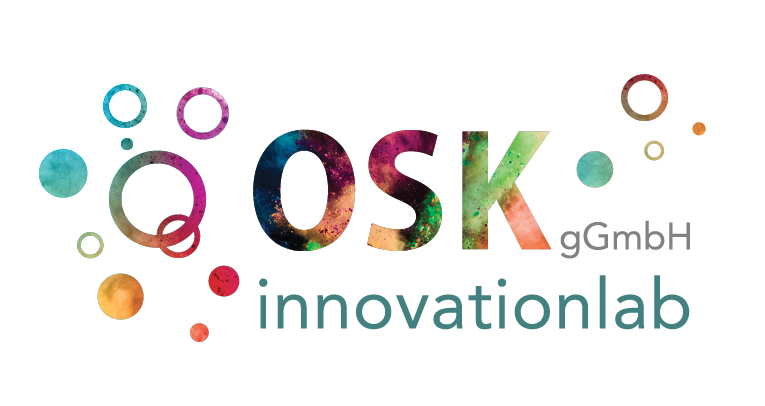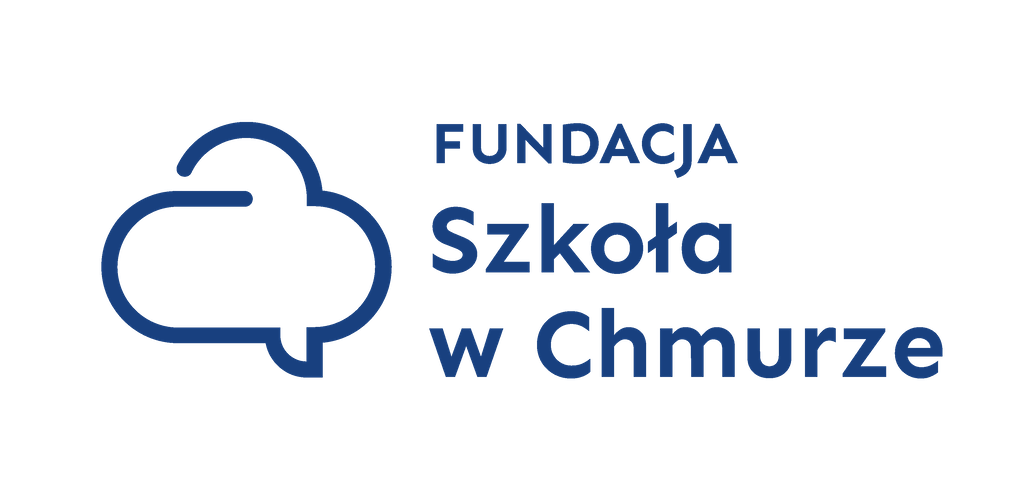January 1, 2025
Our education systems are failing to meet the needs of a rapidly changing world. Systems designed to solve problems of the past perpetuate inequities, stifle creativity, and fail to prepare learners for the complexity and uncertainty of today and tomorrow. Ten years ago, Manifesto 15 called for bold action to reimagine learning for a changing world. Since then, the rhetoric has grown louder, but very little has changed. Legacy philosophies continue to fail to meet the demands of our present and future.
This document presents a blueprint, through a set of principles, to cure the inertia and complacency that have held learners back. We seek to dismantle outdated paradigms, challenge entrenched power structures, and address the systemic issues that perpetuate inequity, limit potential, and stifle innovation. We aim to inspire the creation of dynamic, inclusive, and learner-centered ecosystems that equip all individuals to thrive as full participants in an interconnected world.
Hope is not enough. Action must replace rhetoric. Waiting for reforms and polite conversations cannot address the urgency of this moment. This document is a call for a positive rebellion. It urges us to collaborate in dismantling outdated paradigms, creating new ones, and co-designing an education system that serves all learners, unlocks human potential, and equips us not only to survive, but thrive, in a world beyond our imagination. This starts by coming together to empower learners at the core.
Our way forward requires courage, creativity, and community. We must reimagine education as a dynamic force that equips every learner to shape a thriving, equitable, and sustainable world.
What we have learned so far
- “The future is already here—it’s just not very evenly distributed” (William Gibson in Gladstone, 1998). The field of education lags behind other industries because it focuses on the past rather than the future. We teach the history of literature but ignore the future of storytelling. We emphasize traditional mathematical concepts but neglect the creation of new mathematics to shape tomorrow. What is labeled as “revolutionary” in education has already occurred in fragmented, localized ways. To realize meaningful change, we must learn from these scattered efforts, share experiences, and take the necessary risks to embrace a forward-looking approach in our practice.
- 1.0 schools cannot teach 3.0, 4.0, 5.0 … kids. In other words, schools designed for the industrial age cannot meet the needs of a digital, interconnected era. We need to redefine and build a clear understanding of what we are educating for, why we do it, and for whom our educational systems serve. Mainstream compulsory schooling is based on an outdated, 19th-century model for creating citizens with the potential to become obedient factory workers and bureaucrats. In the post-industrial and increasingly digital era, this should no longer be the end goal of education. We need to support learners to become innovators, capable of leveraging their own imagination and creativity to realize new outcomes for society. We do this because today’s challenges cannot be solved through old thinking. And we are all co-responsible for creating futures with positive outcomes that benefit all people in the world.
- Kids are people, too. All students must be treated and respected as human beings with recognized, universal human rights and responsibilities. This means students must have an active say in the choices regarding their learning, including how their schools are run, how and when they learn, and all other areas of everyday life. This is inclusion in a real sense. Students of all ages must be afforded liberties to pursue educational opportunities and approaches for learning that are appropriate for them, as long as their decisions do not infringe on the liberties of others to do the same (adapted from EUDEC, 2023).
- Schools must be havens of uncommon safety and extraordinary respect. Social-emotional and relational intelligence must be at the core, beyond test scores and rigid academics, fostering empathy, self-awareness, and constructive conflict resolution. The opportunity to be vulnerable in a safe space allows for genuine, authentic connections with others and oneself. In this way, schools establish the interpersonal foundation learners need to navigate diverse perspectives and thrive in an interconnected world. These intelligences are not optional; they are the cornerstone of personal growth and collective progress.
- Authentic learning comes from freedom, not from being pushed into a predetermined path. The traditional top-down, teacher-student model suppresses curiosity and erodes intrinsic motivation, reducing learning to compliance exercises. Instead, we must adopt flat, collaborative approaches that value peer learning, peer teaching, and distributed responsibility. Educators must create environments where students can decide when and how to take their leaps, knowing that failure is not an endpoint but a natural step in the learning process. Failing is a natural part of learning where we can always try again. In a flat learning environment, the teacher’s role is to help make sure the learner makes a well-balanced decision. Failing is part of the path of learning, but the creation of failures is not.
- Learning together, teaching together. Education thrives when everyone becomes both a teacher and a learner. By breaking free from artificial age silos, schools can evolve into vibrant hubs where children, parents, elders, and community members exchange skills, insights, and creativity as open knowledge and networking ecosystems. Older students mentor younger peers while gaining fresh perspectives, and parents and community leaders bring real-world knowledge, enriched by the curiosity of children. This dynamic, reciprocal process celebrates intergenerational wisdom, strengthens social bonds, and empowers all to shape a meaningful future.
- Learning occurs in ecosystems, not boxes. Rigid schedules and siloed classrooms reduce education to a transactional process, ignoring its lifelong, interwoven nature. Formal schooling should be one strand in a wider tapestry of experiences that involves family, community, workplaces, and digital networks. By blending these contexts, we erase boundaries between formal and informal learning, allowing knowledge and skills to circulate freely. In such environments, students learn to adapt to various roles, work across generations, and embrace insights from unexpected sources. Freed from the confines of boxes, education fuels curiosity and self-confidence, preparing learners to flourish in an ever-evolving world.
- Nirvana is found in the fusion of agency with self-efficacy. When learners and educators achieve both agency (the freedom to shape their paths) and self-efficacy (the belief that they can succeed) education transcends traditional goals and reaches its ultimate purpose: empowering individuals to lead fulfilling, impactful lives. Schools should actively cultivate this balance by blending choice-driven learning with consistent opportunities for learners to build and demonstrate competence. This fusion prepares students for the future by enabling the inspiration and vision necessary to create it.
- Educators are creators, collaborators, and innovators, not cogs in a machine. Reducing them to implementers of legacy methods undermines both learners and the future of education. To address the demands of a dynamic, interconnected world, educators must be valued as individuals with unique needs, aspirations, and creative potential. Transforming education means enabling educators as co-creators, equipping them with trust, tools, and resources to drive innovation. Recognizing educators as professionals and partners fosters thriving learning environments where both teachers and students flourish, inspiring curiosity, adaptability, and resilience.
- Don’t value what we measure; measure what we value. Assessments should empower learners, not instill fear. The obsession with high-stakes testing abets anxiety and reduces education to rote memorization, sidelining critical thinking and problem-solving. The cult of high-stakes testing has become the misguided arbiters of success, spreading a harmful culture of comparison and underperformance anxiety worldwide. This fixation undermines genuine innovation, with promising ideas dismissed due to measurement concerns. Worse, schools produce leaders ill-equipped to interpret data critically. We must eliminate compulsory high-stakes testing and redirect resources toward initiatives that advance authentic learning and meaningful, multidimensional growth.
- Bad use of technology is a symptom, not the problem. Technology is not a solution by itself, but when used thoughtfully, it can unlock new ways of learning and creating. We must move beyond old practices and truly harness technology as a tool for transformation, rather than obsessing over the latest tools while neglecting their potential to drive change. Swapping blackboards for smartboards or books for tablets while clinging to old teaching methods is like building a nuclear plant to power a horse cart: wasteful and ineffective. Yet, nothing has changed, and we still focus tremendous resources on these tools and squander our opportunities to exploit their potential to transform what we learn and how we do it. By recreating practices of the past with technologies, schools focus more on managing hardware and software rather than developing students’ mindware and the purposive use of these tools.
- Learning happens if we attend to it or not. Most learning is “invisible.” It occurs outside formal instruction through informal, serendipitous experiences. It happens through curiosity, experimentation, and unplanned experiences; more like breathing than deliberate effort. Rather than forcing invisible learning into visibility, we should focus on creating environments that trust and nurture its organic flow. This means nurturing workplaces, schools, and communities that value exploration, provide opportunities to seek knowledge, and respect that not all learning needs to be measured or reported. By allowing learning to remain unseen, we preserve its authenticity and permit individuals to grow in ways that are meaningful to them. Trust, not surveillance, is the true driver of innovation and growth.
- Knowledge is constructed from meaning, not management. When we talk about knowledge and innovation, we frequently commingle or confuse the concepts with data and information instead. Too often, we fool ourselves into thinking that we give learners “knowledge” when we are just testing them for the rote recall of information. To be clear: Data are bits and pieces here and there, from which we combine into information. Knowledge is about taking information and creating meaning at a personal level. We innovate when we take action with what we know to create new value. Understanding this difference exposes one of the greatest problems facing school management and teaching: While we are good at managing information, we simply cannot manage the knowledge in students’ heads without degrading it back to information.
- Standardization kills creativity and innovation. One-size-fits-all education turns learners into uniform outputs, measuring success through narrow assessments. By fragmenting knowledge into isolated subjects, it overlooks the complexity of real-world challenges and curbs experimentation and bold thinking. To foster genuine innovation, we must abandon rigid uniformity and adopt adaptive, learner-centered approaches that emphasize open-ended inquiry and interdisciplinary collaboration. Only when students can explore their interests, exchange diverse perspectives, and engage in authentic problem-solving does true creativity flourish.
- Knowledge grows where the boundaries of networks intersect. The emerging pedagogy of this century isn’t carefully planned—it evolves fluidly. Learning unfolds as we traverse and expand networks, connecting individual knowledge to create new understandings. By sharing experiences, we generate social knowledge that enriches collective insight. Education must prioritize equipping individuals with the tools, competencies, and literacies (such as digital fluency, cultural awareness, and network navigation) needed to thrive in these interconnected systems. Through this process, learners contextualize their unique talents and knowledge, empowering them to tackle new challenges with creativity and confidence.
- Degrees are obsolete by design. Many static degree programs, designed for fixed fields with clear endpoints, are outdated or obsolete before students even finish their first year. Traditional diplomas fail to keep up with accelerating change and often do not capture the depth of real-world skills and achievements. A concerted shift toward a new, decentralized system is needed that values creativity, problem-solving, and real impact over time spent in a classroom. Learners need dynamic recognition systems that adapt with them, rewarding growth and contributions that reflect the ever-changing demands of the world.
- Any education system that tolerates inequities is complicit in injustice. Systems designed to perpetuate inequality fail everyone. Schools must move beyond token acknowledgments of diversity to dismantle systemic barriers. Curricula should amplify marginalized voices and ensure that every learner is genuinely seen, heard, and valued. Equity and inclusion are not optional add-ons—they are the foundation of a fair and sustainable education system.
- Acts of global citizenship transform personal experience into planetary impact. Rooted in local contexts and meaningful engagement with diverse communities, it bridges individual perspectives with global challenges. Education must equip learners to tackle these challenges through cross-cultural empathy, ethical responsibility, and collaborative problem-solving. This requires planetary-focused literacies—frameworks that connect local actions to global solutions while respecting individual and collective rights. By aligning personal agency with shared tools, education empowers learners to act locally and globally, shaping sustainable and equitable futures.
- The future belongs to nerds, geeks, makers, dreamers, and knowmads. While not everybody will or should become an entrepreneur, those who do not develop entrepreneurial skills are at a great disadvantage. Our education systems should focus on the development of entreprenerds: individuals who leverage their specialized knowledge to dream, create, make, explore, learn, and promote entrepreneurial, cultural, or social endeavors, taking risks and enjoying the process as much as the final outcome, without fearing the potential failures or mistakes that the journey includes.
- Reality is not optional. Ignoring our shared reality is a collapse into chaos. Weaponized postmodernism, where facts are twisted and accountability evaded, threatens the foundation of education and society itself. Shared realities are not optional; without them, critical thinking fails, trust evaporates, and collaboration becomes impossible. Education must confront distortion head-on, rooting itself in empirical evidence while unleashing our imaginations to solve new challenges. To build a sustainable future, learners must be equipped to challenge distortions, reject evasion of accountability, and navigate complexity with intellectual courage.
- An education that ignores the planet is an education without a future. With climate catastrophe looming, any curriculum that neglects environmental stewardship is both deficient and irresponsible. Education must actively shape students’ futures and the world around them. Learners should not passively study the environment; they must be empowered as co-creators of solutions and active guardians of the planet. By enabling students with future-ready skills and agency to address grand challenges, and integrating planetary-focused literacies into a dynamic, flexible learning process, we foster innovation and a personal connection to sustainability that inspires lasting impact.
- We can and must build cultures of trust in our schools and communities. As long as our education systems continue to be based on fear, anxiety, and distrust, challenges to all of the above will persist. If educators are to build a collective capacity to transform education, we need engaged communities, and we also need to engage with the communities we serve. This requires a new theory of action, centered on trust, where students, schools, governments, businesses, parents, and communities may engage in collaborative initiatives to co-create new education futures.
- Break the rules, but understand why clearly first. Our school systems are built on cultures of obedience, enforced compliance, and complacency. The creativity of students, staff, and our institutions is inherently stultified. It is easier to be told what to think than to think for ourselves. Openly asking questions and building a metacognitive awareness of what we have created and what we would like to do about it can best cure this institutionalized malaise. Only then can we engineer justified breaks from the system that challenge the status quo and have the potential to create real impact.
- Activism is a space where unlearning thrives. Whether through non-violent civil disobedience, street protests, artistic demonstrations, or performative resistance, activism challenges the status quo and rebuilds from the ground up. It teaches resilience, agency, and the courage to confront broken systems, including education itself. Educators must embrace activism as a core learning tool, transforming passive learners into active participants in shaping the world.
- Question everything. Start with this manifesto. Blind acceptance breeds complacency. As co-learners, we must provide safe spaces to critically evaluate all ideas, including the ones presented here. By contributing to a culture of critical thinking and open dialogue, the development of one’s self-awareness is encouraged and individuals are enabled to contribute toward a continuous evolution of how we teach and learn.
The challenges in education persist because they threaten entrenched power and disrupt the status quo. For centuries, truths that challenge privilege—whether heliocentrism, the validity of evolutionary biology, or the reality of human-driven climate change—have faced resistance. Education, similarly constrained by antiquated priorities, demands not more awareness, but the courage to dismantle barriers, reject complacency, and build systems that serve every learner and community.
No one can do this alone. A movement for learning futures demands a coalition of educators, learners, families, policymakers, and communities. By uniting our unique strengths, we can dismantle outdated systems, redesign curricula, and create environments where equity, creativity, and curiosity thrive. Each action we take counts, whether reimagining how we teach, fostering cultures of trust within schools, or advocating for policy change that centers learning as a lifelong right.
Together, we can create an education system that empowers every learner to thrive in an unpredictable world. It’s time to act boldly, collectively, and with purpose.
The future is here. What we build today matters.
Initial signatories
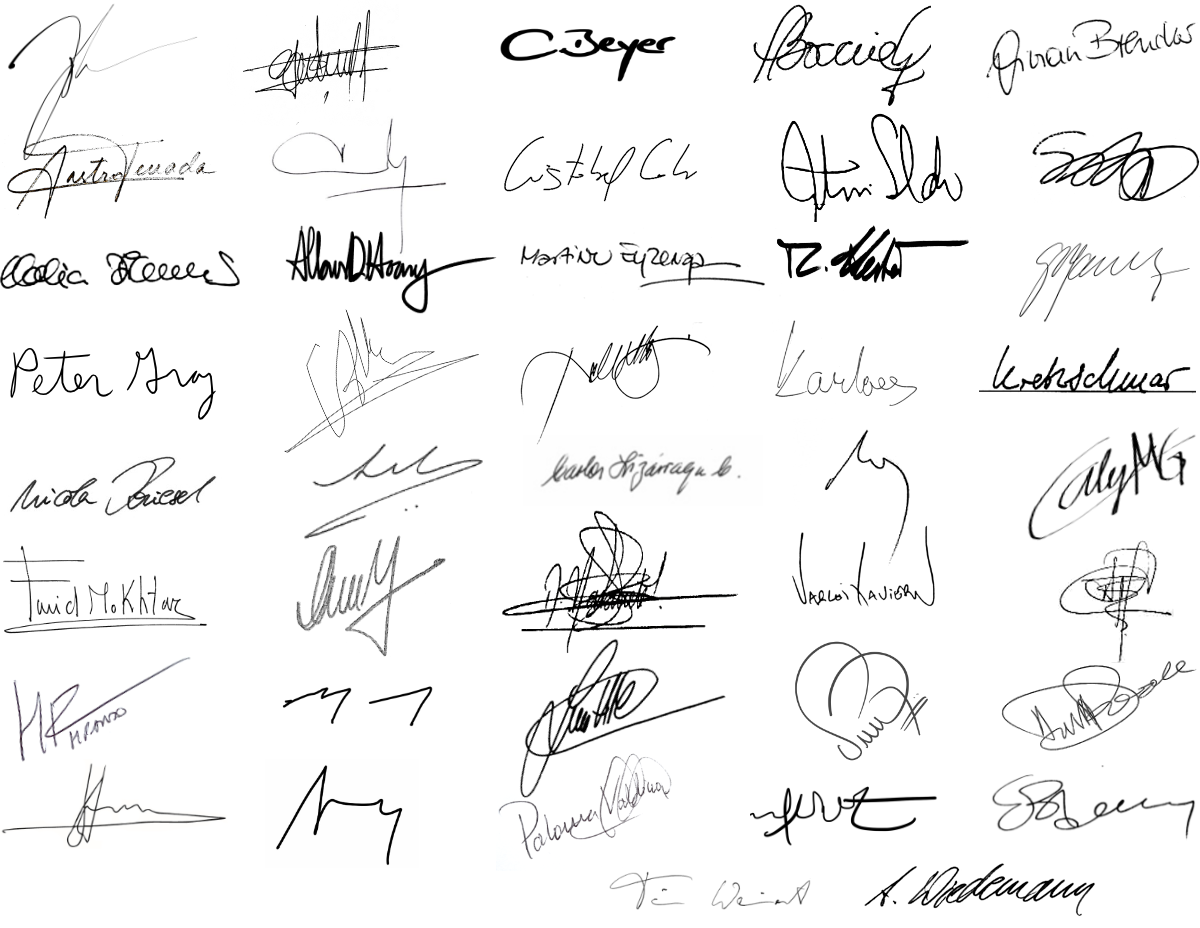
We are: John Moravec (principal author, USA), Gustavo Andrade (Mexico), Chris Bagley (UK), Constanze Beyer (Germany), Paola Boccia (Argentina/Germany), Edwin De Bree (Netherlands), Vivian Breucker (Germany), Alexandra Castro Ferrada (USA), María Mercedes Civarolo (Spain/Argentina), Cristóbal Cobo (Chile), Antonio L. Delgado Pérez (USA), Claudia Dikmans (Germany), Albus Duc Hoang (Vietnam), Kristina House (Canada), Silvia Enriquez (Argentina), Martine Eyzenga (Netherlands), Tomas C. Ferber (Germany), Richard Fransham (Canada), Gustavo Garcia Lutz (Uruguay), Peter Gray (USA), Christel Hartkamp (Netherlands), Pekka Ihanainen (Finland), Marcel Kampman (Netherlands), Bob Kartous (Czech Republic), Kateřina Kolínková (Czech Republic), Kamila Koutná (Czech Republic), Florian Kretzschmar (Germany), Nicola Kriesel (Germany), Luis R. Lara (Argentina), Diego Leal (Colombia), Carlos Lizárraga Celaya (USA), María Cristina Martínez-Bravo (Ecuador), Juraj Mazák (Slovakia), Alejandra Mendoza Garza (Mexico), Farid Mokhtar Noriega (Spain), María Mercedes Moravec (USA), Daniel Navarrete (Colombia), Varlei Xavier Nogueira (Brazil), Alejandro Núñez Urquijo (Colombia), Hugo Pardo Kuklinski (Argentina/Spain), Alejandro Pisanty (Mexico), Lucas Potenza (Argentina), Noemi Pulido (Argentina), Luis Napoleón Quintanilla (El Salvador), Dinant Roode (Netherlands), Javier José Simon (Argentina), Alison Snieckus (USA), Max Ugaz (Peru), Paloma Valdivia Vizarreta (Spain), David Vidal (Spain), Evangelos Vlachakis (Greece), Tim Weinert (Germany), Monika Wernz (Germany), and Alex Wiedemann (Germany).
Organizational endorsements
This manifesto is supported by the following organizations, which have added their collective signature to its principles and vision:
Organizations wishing to express their support and want to be included in this manifesto are invited to contact us at hello@educationfutures.com to add their collective voice to this movement.
